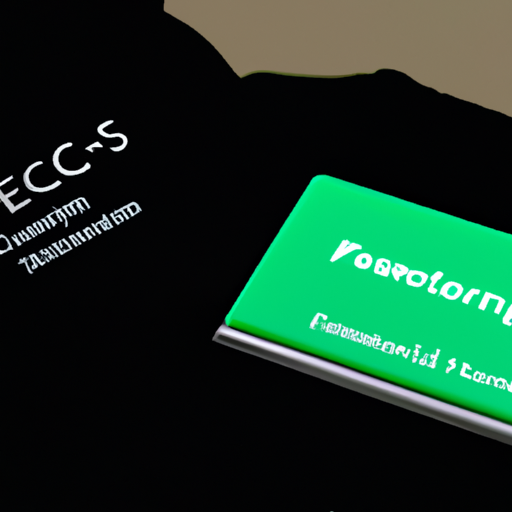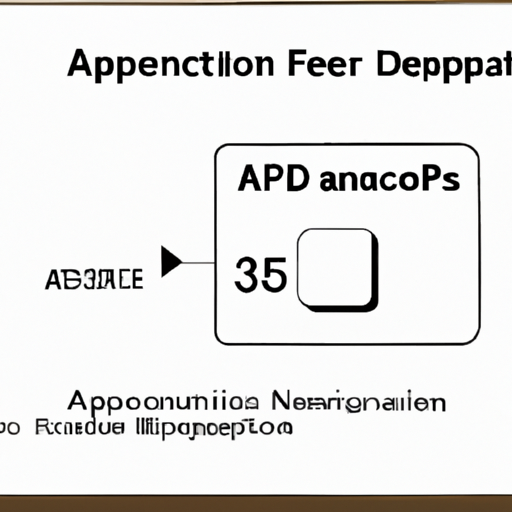CORE_COMPETENCE
Product_Leaders
index_more
index_more_content
info_item01
info_item_content01
info_item02
info_item_content02
info_item03
info_item_content03
info_item04
info_item_content04
NEWS
NEWS
application development in Specialized Sensors for ECS-200-S-1: key technologies and success stories
Application Development in Specialized Sensors for ECS-200-S-1: Key Technologies and Success StoriesThe development of specialized sensors for Environmental Control Systems (ECS), particularly the ECS-200-S-1, is pivotal in enhancing environmental monitoring and control across various sectors, including aerospace, automotive, industrial, and agricultural applications. Below is an overview of key technologies and notable success stories that highlight the impact of these advancements.
Key Technologies1. Sensor Technologies2. Data Analytics and Machine Learning3. Internet of Things (IoT)4. Cloud Computing5. Energy Harvesting Technologies1. Aerospace Applications2. Automotive Industry3. Industrial Automation4. Smart Buildings5. Agriculture Success Stories ConclusionThe development of specialized sensors for ECS-200-S-1 and similar systems is revolutionizing environmental monitoring and control across diverse industries. By harnessing advanced technologies such as IoT, data analytics, and energy harvesting, organizations can achieve greater efficiency, safety, and sustainability. The success stories from aerospace, automotive, industrial automation, smart buildings, and agriculture underscore the transformative potential of these technologies, driving innovation and improving operational outcomes in various sectors. As the demand for effective environmental control systems continues to grow, the role of specialized sensors will be increasingly critical in shaping a sustainable future.
2025-08-07
application development in Strain Gauges for CFR-25JB-52-130R: key technologies and success stories
Application Development in Strain Gauges for CFR-25JB-52-130R: Key Technologies and Success StoriesStrain gauges, such as the CFR-25JB-52-130R, play a crucial role in measuring strain in various applications across multiple industries. Their reliability and precision make them indispensable in fields like aerospace, automotive, civil engineering, and medical devices. Below, we explore key technologies that enhance the application of strain gauges and highlight notable success stories that demonstrate their impact.
Key Technologies1. Microfabrication Techniques2. Wireless Sensor Networks (WSNs)3. Data Acquisition Systems4. Smart Materials5. Machine Learning and AI6. Embedded Systems1. Aerospace Applications2. Civil Engineering3. Automotive Testing4. Medical Devices5. Energy Sector Success Stories ConclusionThe application development of strain gauges like the CFR-25JB-52-130R has been significantly enhanced by advancements in technology and innovative engineering solutions. These developments have led to successful implementations across various industries, improving safety, efficiency, and performance in critical applications. As technology continues to evolve, the potential for strain gauges in new applications will likely expand, further driving innovation in engineering and design. The ongoing integration of advanced technologies such as AI, smart materials, and wireless networks will continue to shape the future of strain gauge applications, making them even more versatile and impactful.
2025-08-05

























